The implementation of IoT and smart houses has also transformed the way people live, making it easier to work more efficiently, maintain their safety, and connect with each other. The voice-controlled assistants could identify the new technologies, automated lights, smart security systems, and the energy-efficient appliances, among others, which have become central in the family. The loss of power, even in the short term, can cause connectivity problems, security, and other necessary processes and operations. With houses increasingly dependent on digital systems, the loss of an emergency battery backup power in the face of an emergency is no longer optional but a definite need and it, therefore, becomes quite essential to ensure that homes and businesses can remain safe, convenient and usable in terms of employing innovative technology even in circumstances where the power has failed.
Smart Homes Depend on Always-On Connectivity
Smart houses rely on a network of connected devices such as security cameras, smart locks, sensors, thermostats, and connected appliances. Such systems are designed to operate in real-time, which offers homeowners convenience, efficiency, and control at all times. As an example, objects like smart locks have remote control of the access levels, cameras provide live surveillance, and thermostats can manage energy usage. All this, however, is dependent on a constant supply of electricity.
The Risks of Power Outages
The downside of smart homes is readily apparent in the event of a power loss. Security systems can malfunction and go off, leaving homes free and unprotected to intrusions. Smart locks might break down, resulting in the possibility of lockout. Vital monitoring of fire, leaks, or break-ins can lose its signal and jeopardize safety. Even the regular conveniences, such as automated illumination or climate control, cease to perform and interrupt normal lives.
Why Backup Power Is Essential
The network related to the smart devices is such that if one shuts down, then the whole system will grind to a halt. Having an uninterrupted source of emergency power can guarantee that your smart home is always functional, secure, and efficient even when there is no power. It changes backup from a luxury to an absolute necessity in contemporary living.
Uninterrupted Security Systems
Security is an important requirement among smart homes, but it is also the weakest attribute with regard to power-ups. Smart locks, alarms, and surveillance cameras are powered by electricity to work. Lack of power can cause the malfunctioning of these appliances, leaving the homes vulnerable to possible dangers or risking the family's security. A blackout may translate to a locked access, unhelmed environment, or damaged alarms. With a backup power system in place, any occurrence will not affect security since the smart locks do not shut down, cameras keep guard, and alarms do not go out. This continuity gives peace of mind and leaves the families secured in case of unforeseen blackouts.
IoT Devices and Power Reliability
The smart home appliances are installed to promote comfort, efficiency, and automatio,n but this has to be achieved by stable electricity to ensure that the devices work as they should. Maintaining temperatures, light control, and helping with other everyday activities, these devices cease to be useful as soon as the power goes out. The backup power ensures that they continue without glitches or downtime.
- Smart Lighting – Prevents sudden darkness and maintains automated schedules.
- Thermostats – Keep the indoor climate regulated, avoiding discomfort during outages.
- Voice Assistants – Continue offering control, reminders, and assistance.
- Connected Appliances – Operate smoothly without interruptions or malfunctions.
- Automation Systems – Maintain efficiency and reliability during critical moments.
Medical Devices and Health Safety
Assessment of the needs of households that depend on medical equipment driven by the IoT, the stable supply of electricity is not only a matter of comfort but a condition of life. Equipment like health monitors, oxygen concentrators or emergency alert devices need to be on 24/7 to guard against harm to needy members of your family. A sudden power outage could seriously affect these vital operations and cause the loss of lives. Backup power is essential so that the medical devices are uninterrupted, and life-threatening conditions will not occur. 12v 100ah lithium ion battery offers reassurance to the families of an ill household member because they will be ready to handle the health monitoring systems and ensure an emergency response in the case of those who have a life-threatening condition.
Protecting Appliances From Power Cuts
Unexpected loss of power or voltage fluctuation can damage sensitive connected appliances that are usually used in smart appliances so that they can be lost or require repairs at high costs. Other devices and appliances like fridges, washing machines, entertainment systems, and internet-connected machines may be damaged when the power goes off suddenly. There is also an emergency backup system in place that renders a trouble-free transition since it safeguards the hardware and data stored therein against damage.
- Prevents appliance burnout caused by sudden outages or surges.
- Maintains refrigerator cooling to avoid food spoilage.
- Protects entertainment systems from abrupt shutdowns.
- Saves data on connected devices and smart hubs.
- Extends appliance lifespan by ensuring stable power flow.
Smart Energy and Backup Integration
New backup technologies can be incorporated into solar panels and other renewable sources of energy such that the power system is more sustainable and efficient. These systems reduce the reliance on the grid for energy and inject surplus energy, resulting in an uninterrupted supply of the smart devices. Not only should it aid in promoting an eco-friendly lifestyle, but it also means that houses will be powered, safe, and efficient, whether there is a power outage or not, turning reserve energy into a safety net as well as a sustainability option.
Choosing the Right Battery Backup
Selecting the right battery backup depends on your home’s unique power needs and the types of smart devices you use. Key factors to consider include capacity (how long it can power devices), compatibility (whether it works with your appliances and smart systems), and scalability (the ability to expand as needs grow).
- UPS (Uninterruptible Power Supply): Best for short-term backup and sensitive electronics.
- Lithium-Ion Systems: Long-lasting, efficient, and compact for modern homes.
- Solar Backup: Sustainable and cost-saving, ideal for eco-friendly power management.
Smart Backups With AI Monitoring
Today’s advanced backup systems go beyond just storing energy—they use IoT-enabled apps and AI-driven monitoring for smarter management. Homeowners can track battery status, usage patterns, and device performance in real time from anywhere. AI algorithms even predict potential outages and optimize energy distribution to prioritize critical devices like security systems or medical monitors. This intelligent integration ensures that backup power is not only reliable but also efficient, making homes safer, smarter, and more energy-conscious during blackouts.
Future of Backup for Smart Homes
12v 100ah lifepo4 battery lies in deeper integration with smart grids and eco-friendly energy storage solutions. As smart homes evolve, backups will become more intelligent, capable of automatically balancing energy between devices and drawing from multiple sources like solar, wind, or grid power. Eco-friendly batteries with higher efficiency and longer lifespans will further reduce environmental impact. This next generation of backup systems ensures homes remain resilient, sustainable, and fully prepared for the increasing demands of connected living.
Securing Smart Living
In today’s connected world, where smart homes and IoT devices play a central role in daily life, uninterrupted power is vital. From security systems and medical devices to smart appliances and automation, every function depends on stable electricity. A sudden outage not only disrupts convenience but can also compromise safety and health. Emergency battery backup bridges this gap, ensuring continuous operation and peace of mind. It is no longer a luxury but a necessity, safeguarding families, protecting devices, and enabling truly secure, seamless, and innovative living in the modern era.
FAQs on Emergency Battery Backup
Q1. Why do smart homes need emergency battery backup?
Smart homes rely on IoT devices like cameras, locks, and sensors that need constant electricity. A backup system ensures these devices stay active during outages, maintaining safety and convenience.
Q2. Can a backup power system run the entire house?
Yes, depending on system size. Smaller units power essentials like WiFi, lighting, and security, while whole-home systems can run everything, including appliances and HVAC.
Q3. Are battery backups better than generators for smart homes?
Yes, battery backups are instant, silent, and eco-friendly compared to fuel-based generators. They also integrate with solar systems, making them ideal for modern smart homes.
Q4. How long does a battery backup last during outages?
It varies by capacity. Some systems last a few hours, while larger models with solar integration can provide power for days.
Q5. Do smart homes need special types of battery backups?
Yes, it’s important to choose backups compatible with IoT devices, WiFi, and automation hubs. Lithium-ion options are often preferred for efficiency and scalability.

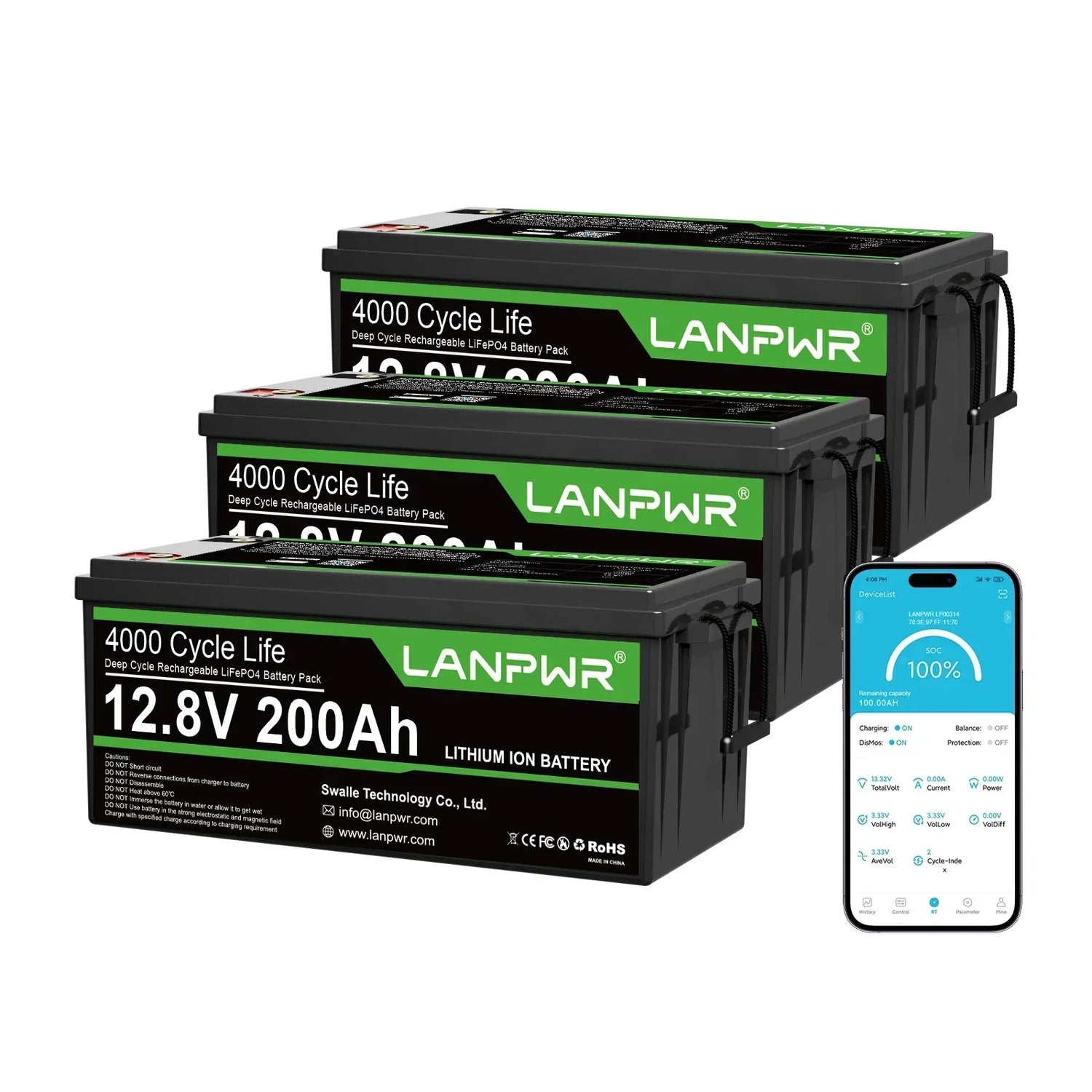
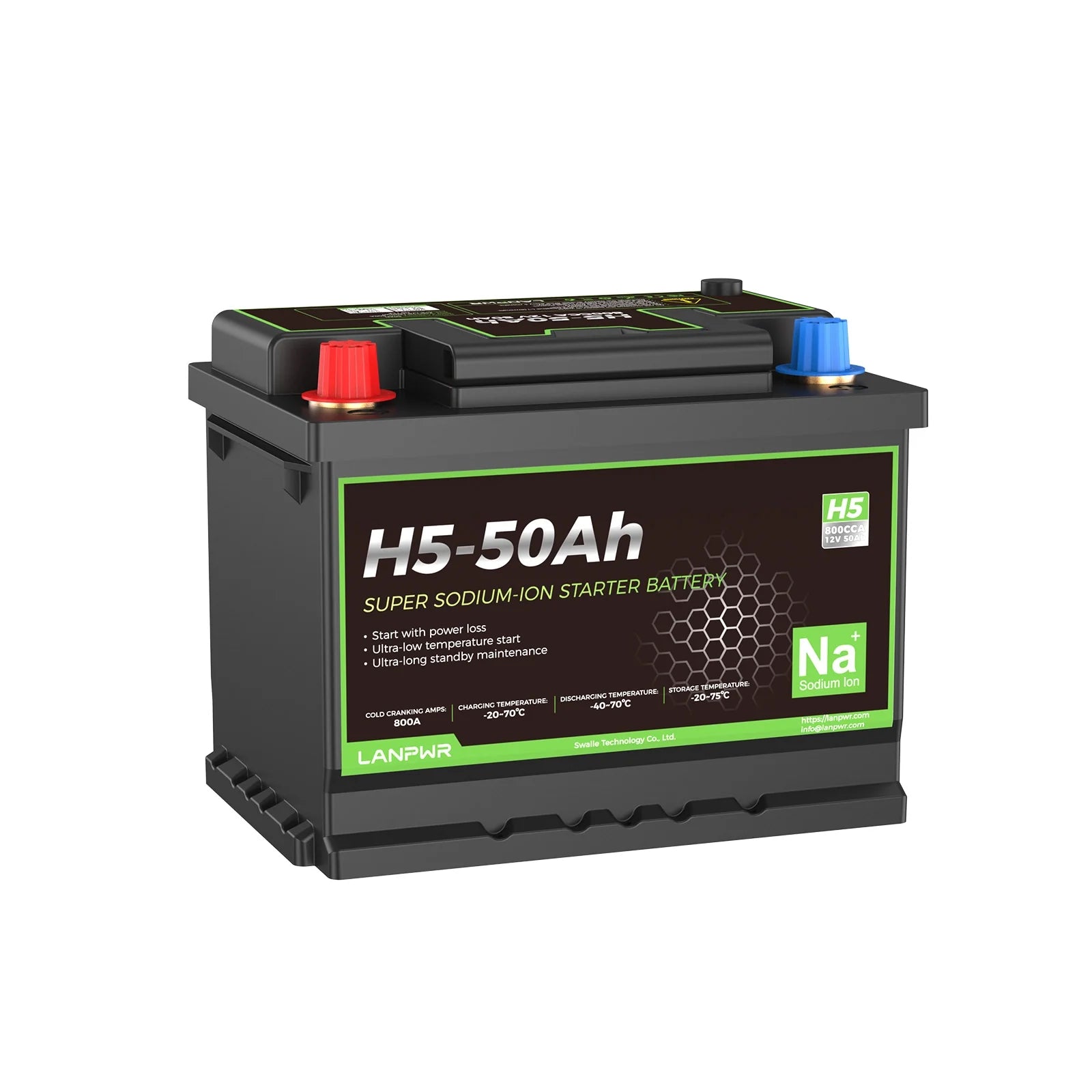


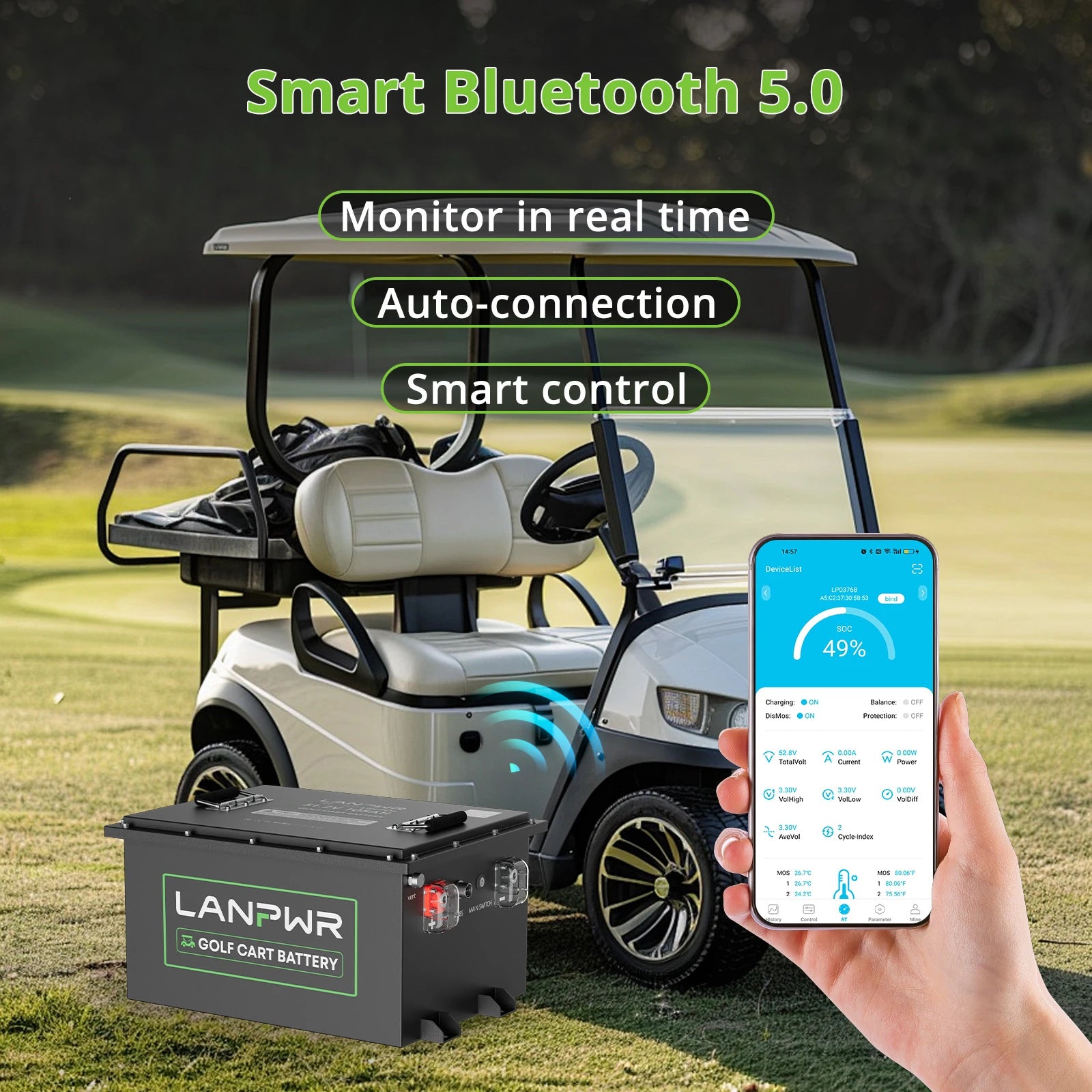
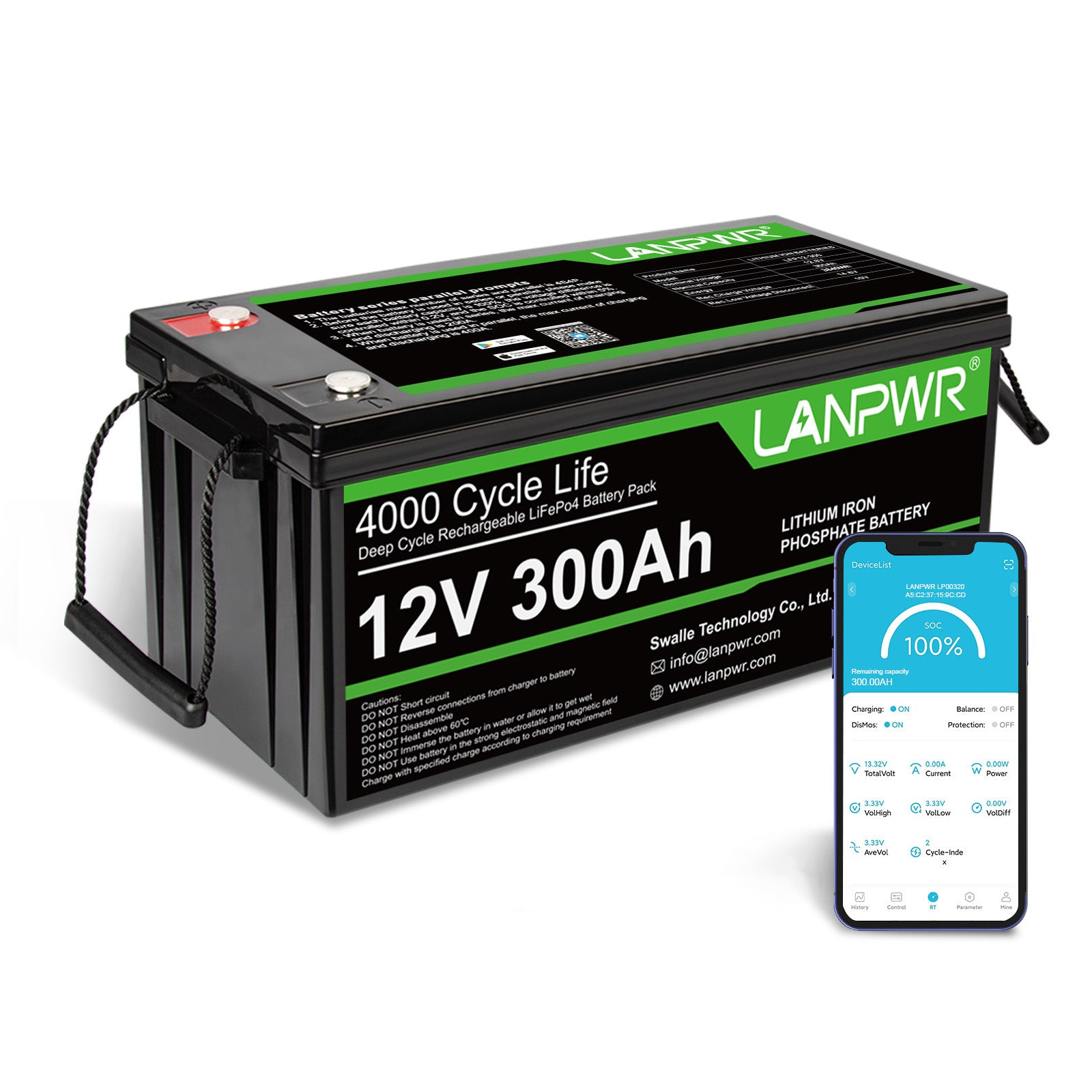
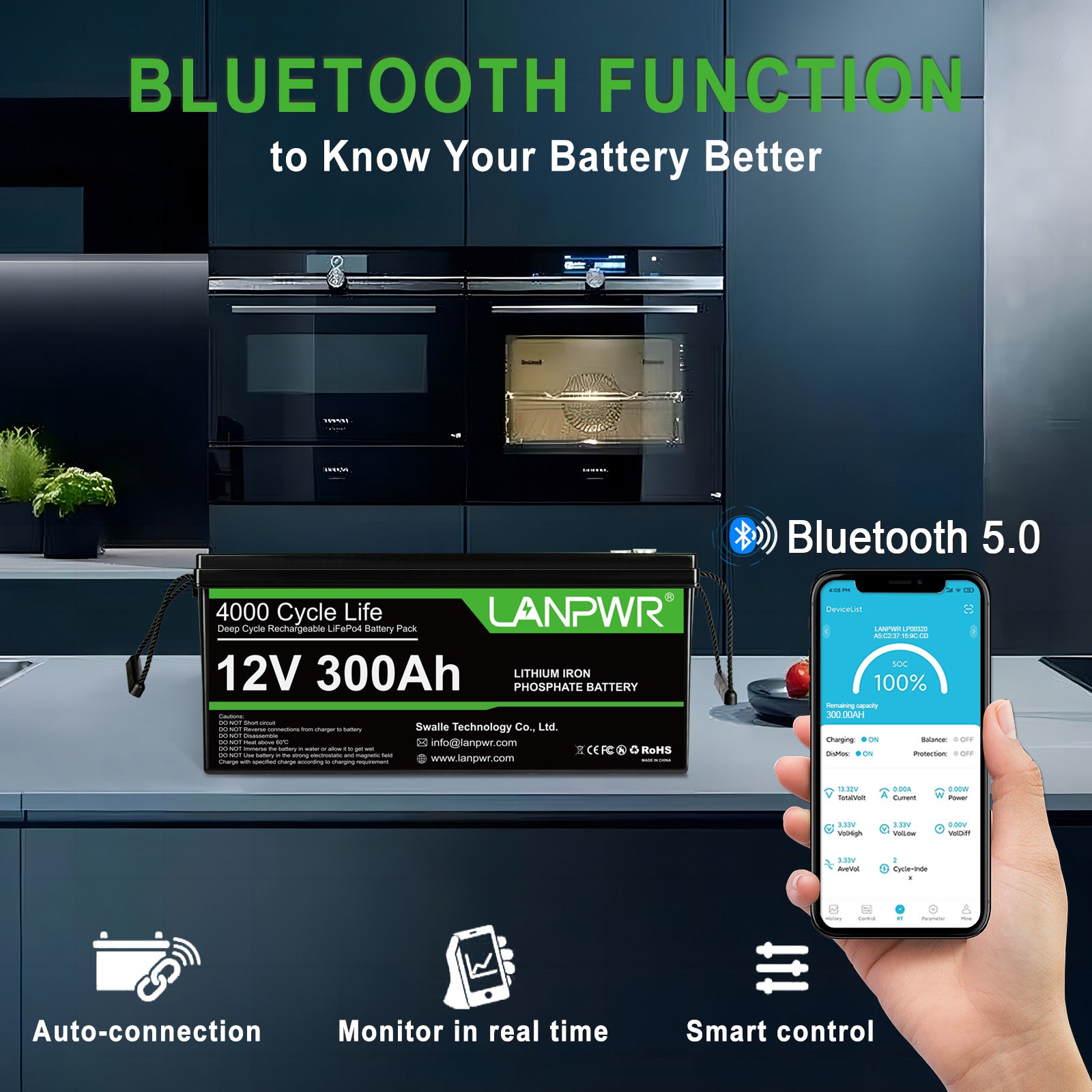
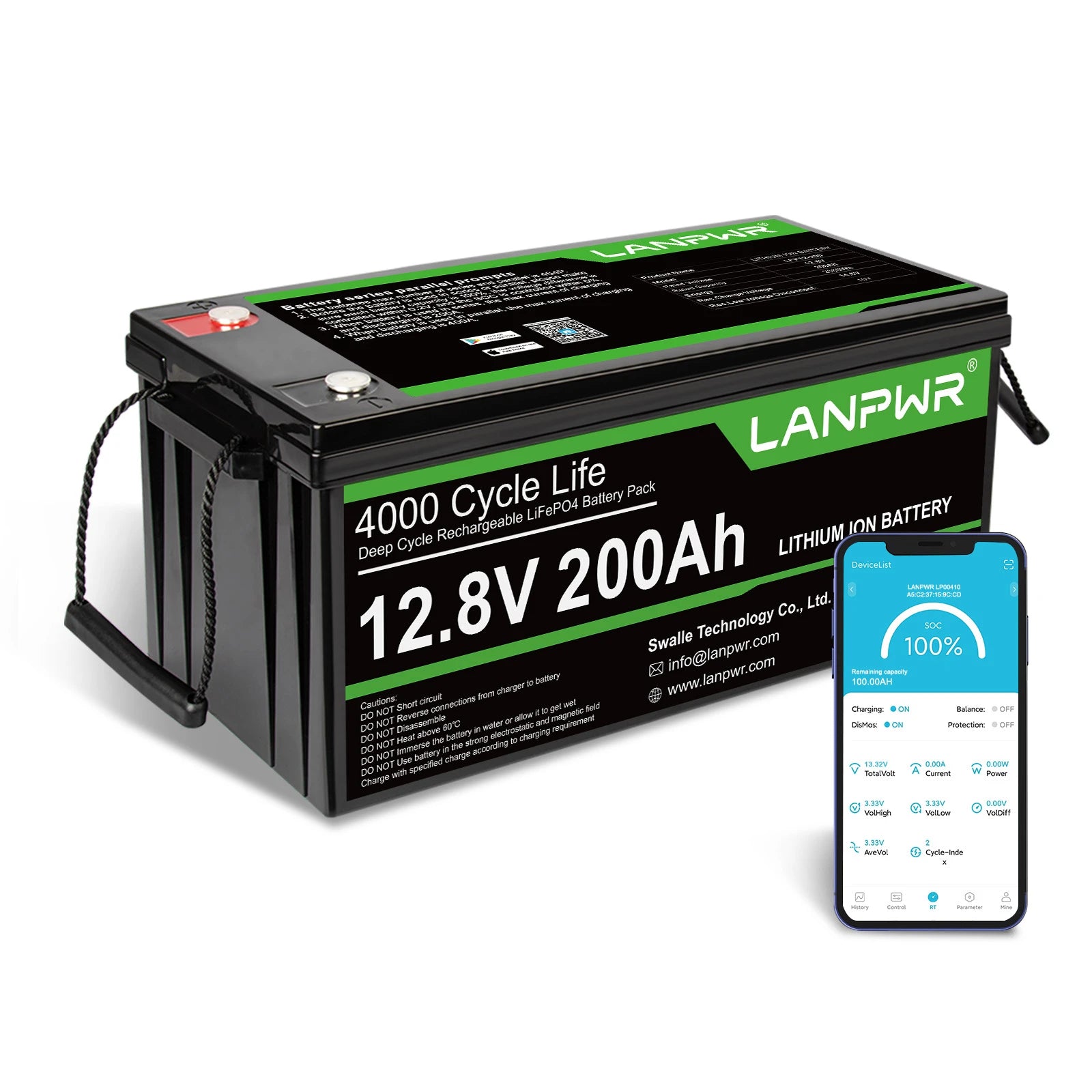
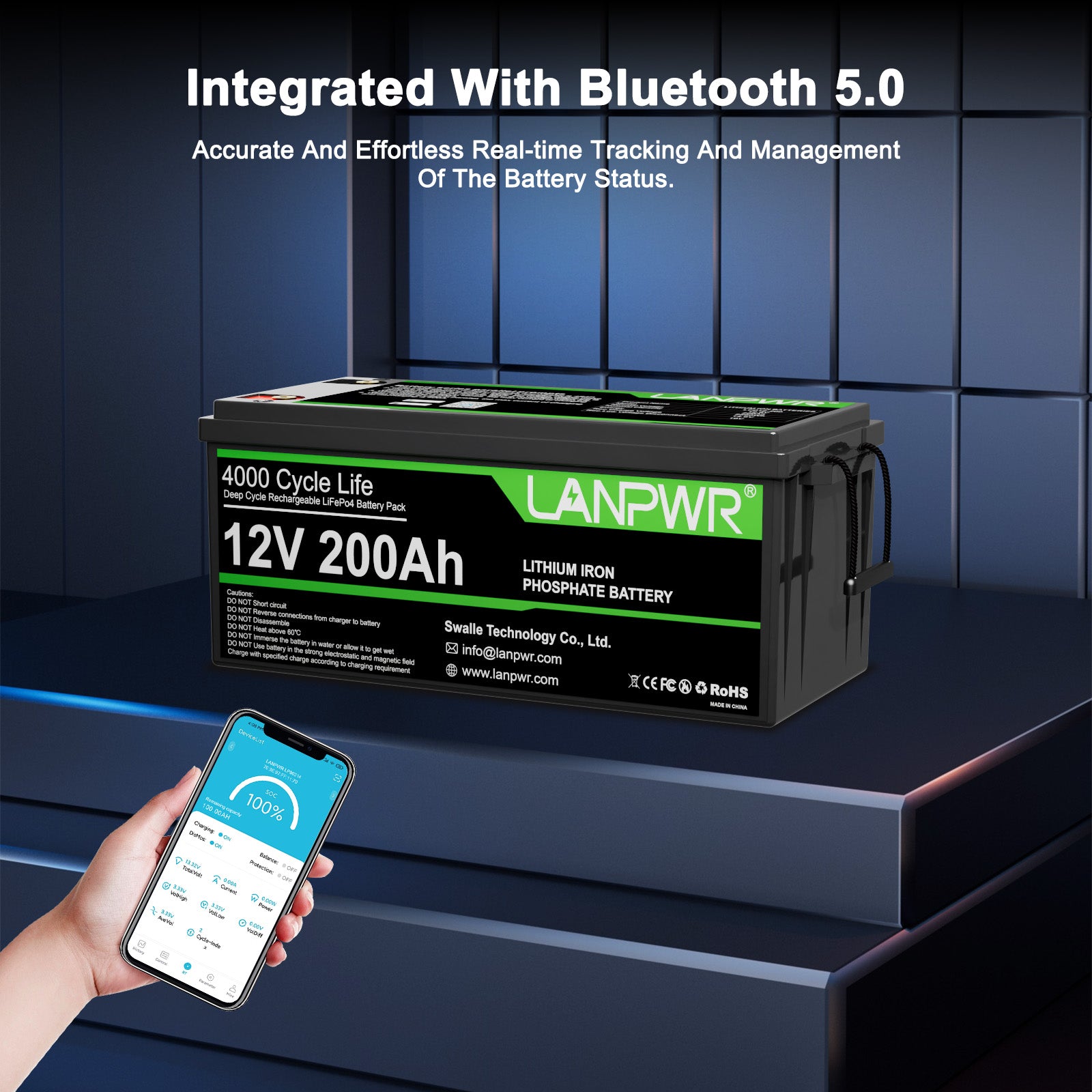
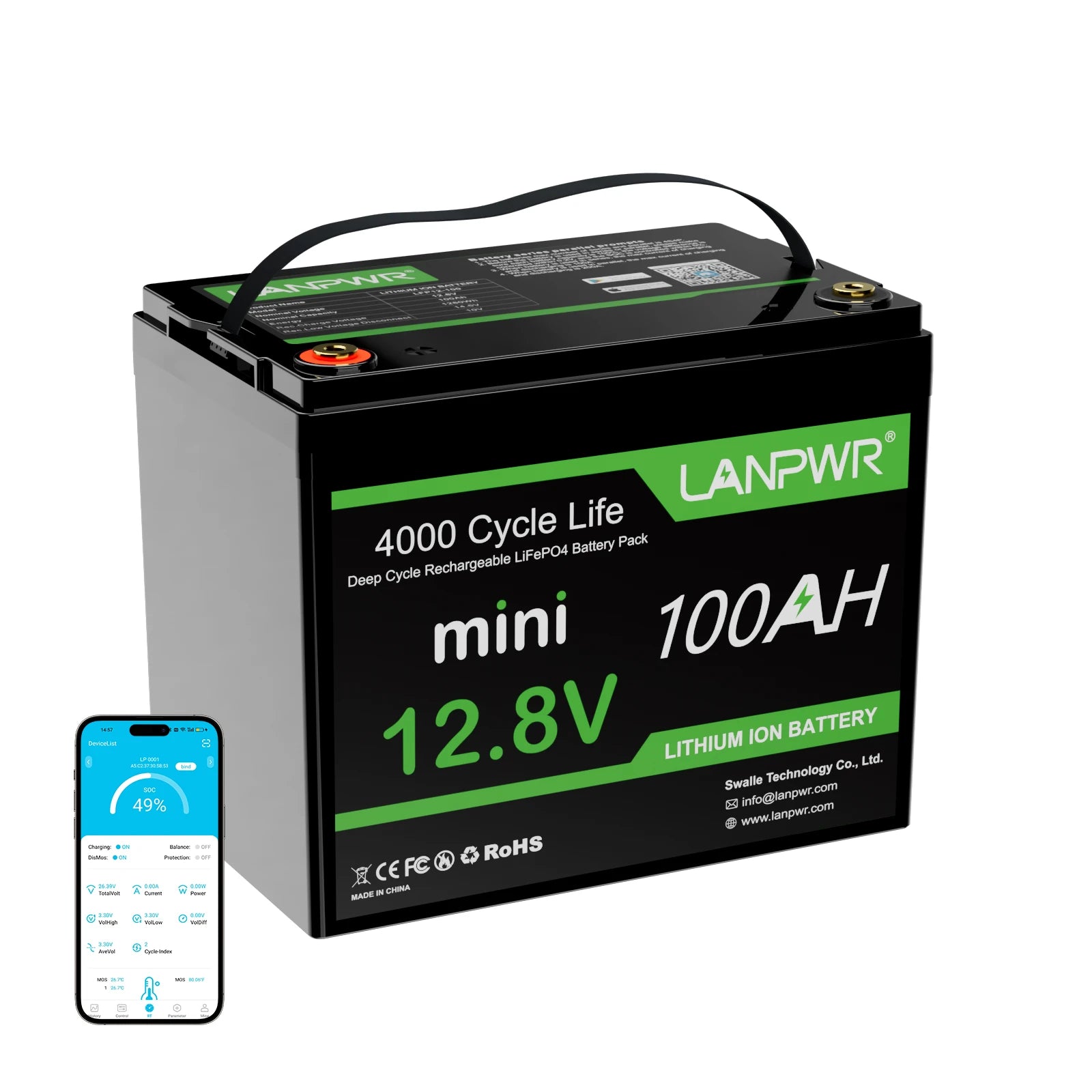

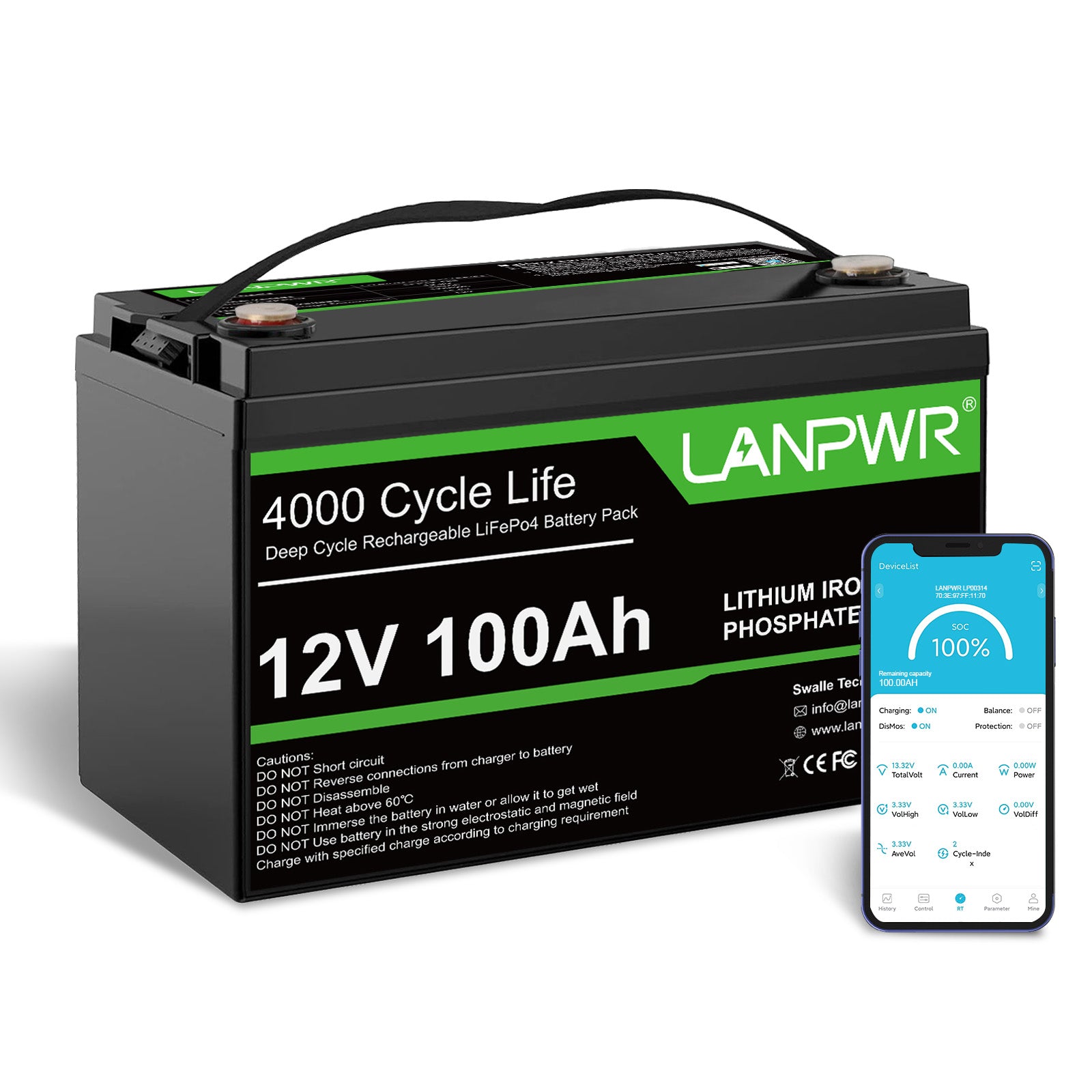

Leave a comment
This site is protected by hCaptcha and the hCaptcha Privacy Policy and Terms of Service apply.